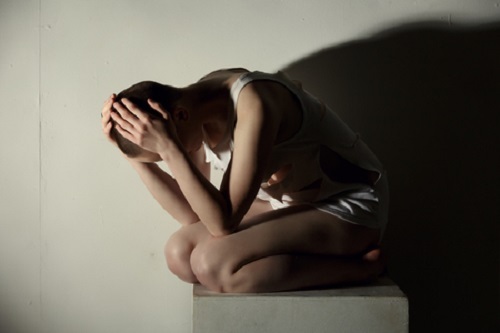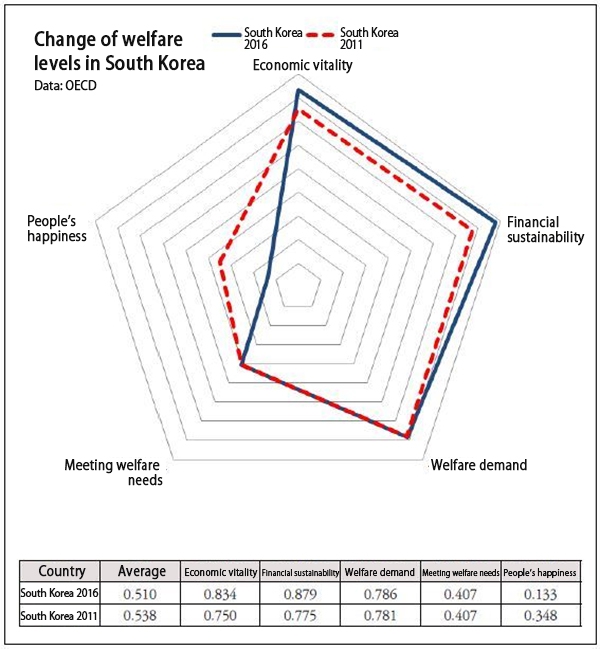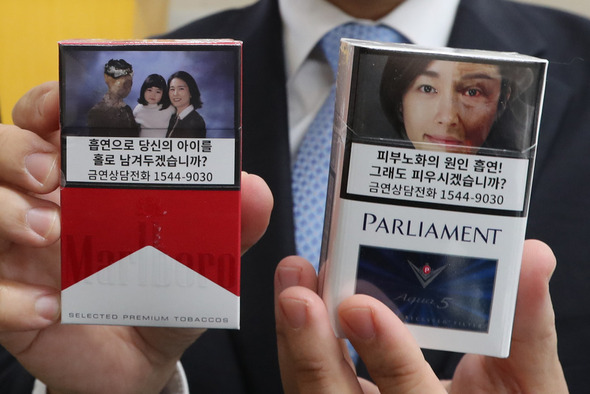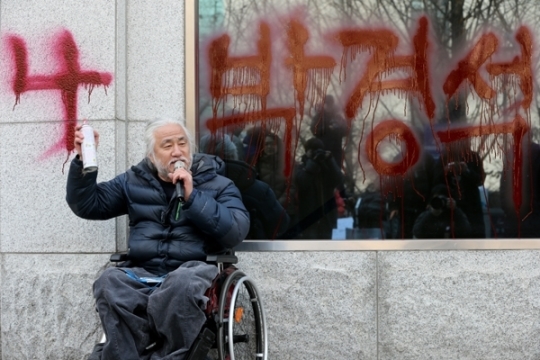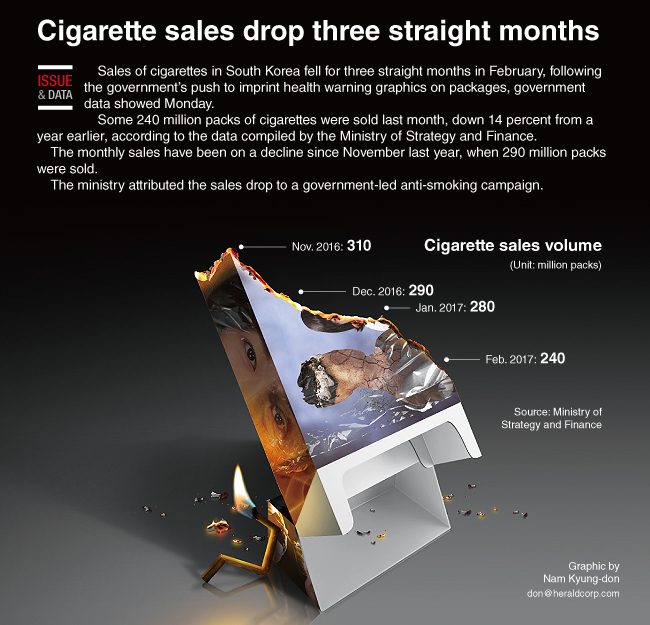“A female worker‘s infertility has been recognized as an industrial accident for the first time in South Korean history.”
“27% of 406 female nurses who had handled such substances as having experienced difficulty conceiving; 22.8% as having experienced premature birth, stillbirth, or miscarriage; and 20.2% of having experienced menstrual irregularities. While the stillbirth and miscarriage rate was 13.9% for female workers enrolled in health insurance through their workplace between 2007 and 2015, an analysis for manufacturing in particular found high rates of 16.6% and 16.2% for timber, lumber products, and furniture manufacturing and for rubber and plastic manufacturing, respectively.”
#Samsung #female_infertility_as_occupational_disease #industrial_accident #Korea
 |
|
Samsung’s semiconductor factory in Giheung, Gyeonggi Province
|
Data show women who handle toxic chemicals at work more likely to suffer reproductive difficulties, including miscarriages
A female worker‘s infertility has been recognized as an industrial accident for the first time in South Korean history. The decision recognizing the worker’s infertility as an “occupational disease” was significant in coming amid widespread attention to the protection of mothers in response to South Korea’s low birth rate, as well as growing interest in the use of reproduction-toxic substances in workplaces.
The Korea Workers’ Compensation & Welfare Service (K-COMWEL) announced on Mar. 19 that it had granted the request of a 39-year-old surnamed Kim to have her infertility recognized as an occupational disease and treatment benefits paid. Kim worked for 15 years in a production position at a Samsung semiconductors factory in Giheung, Gyeonggi Province.
Kim went to work at Samsung in 1997 after graduating high school. She began undergoing treatment for infertility in 2008, when she was 30 years old. She left the company in 2012 due to a missed miscarriage and other ill health, and filed for industrial accident certification in 2013.“While performing shift work for 15 years as a production employee at a semiconductor plant, [Kim] was exposed, albeit in small quantities, to organic compounds such as ethylene glycol,” K-COMWEL wrote in its occupational disease ruling for Kim. “The causal relationship with her duties is recognized, as the weakening of her physical functions, including diminished immune capabilities as a result of overwork and stress related to long-term shift work, led to her infertility.”
Used in semiconductor plants as a cleaning solution, ethylene glycol is classified as a reproduction-toxic substance that causes birth defects. While infertility and miscarriages were cited as potentially subject to compensation in a 2015 recommendation by the Samsung occupational disease mediation committee, they have not been included in the standards of the company‘s independently formed compensation committee.
Reproduction-toxic substances, or substances with harmful effects on reproduction functions and capabilities and embryo generation and development, have been seen as causing far-reaching damages, as they not only affect the individual suffering exposure but can also cause health problems in the next generation. According to Korea Occupational Safety and Health Agency (KOSHA) data, a 2014 working environment survey counted 33,828 female workers with a high risk of exposure to reproduction-toxic factors at workplaces with five or more employees. The number accounted for 6.78% of the 499,194 total female workers in production positions. By occupation, the highest totals were found in leather, handbag, and shoe manufacturing, followed by electronics, textile manufacturing, and food manufacturing.
A Dec. 2016 report published by the National Human Rights Commission of Korea from a survey on the human rights of workers handling reproduction-toxic substances showed 27% of 406 female nurses who had handled such substances as having experienced difficulty conceiving; 22.8% as having experienced premature birth, stillbirth, or miscarriage; and 20.2% of having experienced menstrual irregularities. While the stillbirth and miscarriage rate was 13.9% for female workers enrolled in health insurance through their workplace between 2007 and 2015, an analysis for manufacturing in particular found high rates of 16.6% and 16.2% for timber, lumber products, and furniture manufacturing and for rubber and plastic manufacturing, respectively.
The semiconductor workers’ health and human rights watchdog group Banollim, which represented Kim in her application, released a statement on Mar. 19 expressing “hope that other workers suffering from the same condition will have the courage to carry on with having it recognized as an industrial accident.”
“Suitable government-level measures must be taken for toxic chemicals and other factors threatening the health and lives of semiconductor workers,” the group said.Kim In-ah, an occupational and environmental medicine professor at the Hanyang University College of Medicine, said, “At a time when the low birth rate is becoming a societal issue, the only way to ensure healthy and safe childbirth is through more proactive management and oversight of reproduction-toxic substances.”
“We need active government regulation to prevent female workers who are pregnant or of childbearing age from handling reproduction-toxic substances,”
Kim said.By Park Tae-woo, staff reporter
Original Article: http://english.hani.co.kr/arti/english_edition/e_business/787230.html
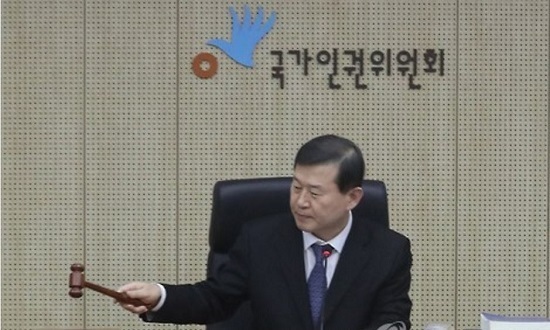

 Presidential candidates Moon Jae-in of the Minjoo Party of Korea, Hong Jun-pyo of the Liberty Korea Party, Ahn Cheol-soo of the People’s Party, Yoo Seong-min of the Bareun Party and Sim Sang-jeung of the Justice Party sit at a round table taking part in a TV debate organized by JTBC, the JoongAng Daily, and the Korean Political Science Association at Bitmaru in Goyang-si, Gyeonggi-do on April 25. National Assembly press photographers
Presidential candidates Moon Jae-in of the Minjoo Party of Korea, Hong Jun-pyo of the Liberty Korea Party, Ahn Cheol-soo of the People’s Party, Yoo Seong-min of the Bareun Party and Sim Sang-jeung of the Justice Party sit at a round table taking part in a TV debate organized by JTBC, the JoongAng Daily, and the Korean Political Science Association at Bitmaru in Goyang-si, Gyeonggi-do on April 25. National Assembly press photographers




